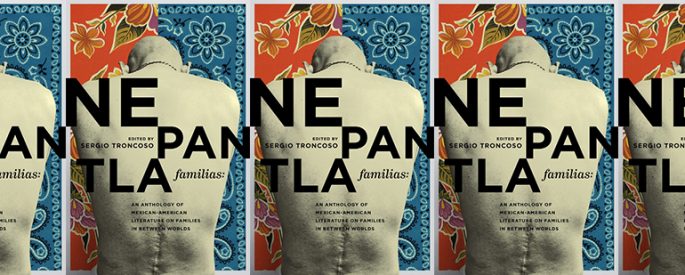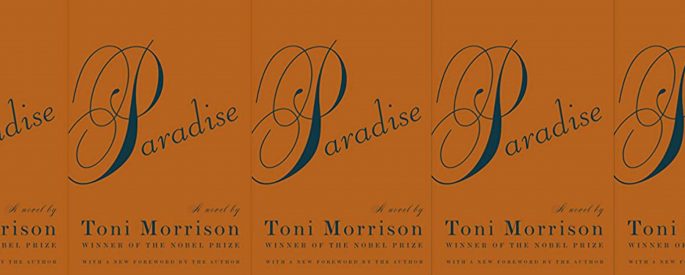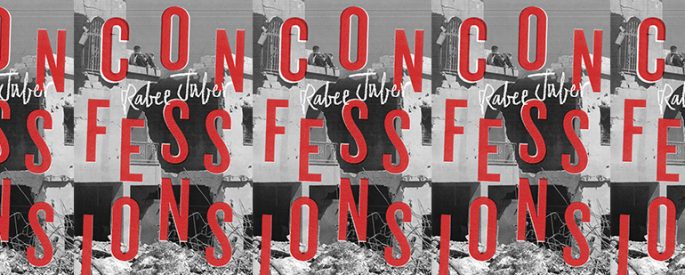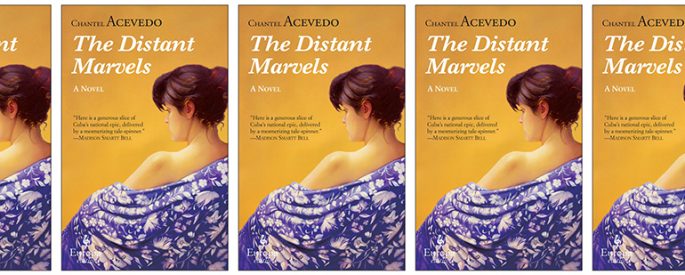Sacredness in the In-Between

Sergio Troncoso has chosen to situate his latest anthology in an in-between place. Through fiction, poetry, and nonfiction by Mexican American authors, it explores families living along the U.S.-Mexico border and how being in the middle of worlds impacts their lives.
The Trials of Migraineurs

I can understand why Roland Barthes, like many others, may have second-guessed the veracity of his migraines, this extreme—invisible—pain. Even with the blinds drawn, lying on my bed with a cold washcloth across my forehead, I wonder if what I am feeling is real.
The Monolithic, Unforgiving Group Narrator

“A Rose for Emily,” by William Faulkner, and “The Little Widow from the Capital,” by Yohanca Delgado, both feature the first-person-plural point of view. In both stories, the group narrator is insular, one-directional, one-dimensional, monolithic, and unforgiving in judging a woman.
Ludmilla Petrushevskaya’s Scary Fairy Tales

In Petrushevskaya’s stories, mothers often struggle to protect their children against the malice and indifference of a harsh reality. Only sometimes are they successful.
The Lingering Effects of Trauma in A Chronology of Water, Something Disguised as Love, and Smadar

Our new understanding of how trauma lingers inside and outside of the body has expanded to include not only relationships between peers of the same age group, but seems to have grown over time to include a discussion of how adults teach children about their place in the world,
The Danger of Unbound Women in Toni Morrison’s Paradise

But even in this racial utopia, promising freedom and prosperity for Black people, women are still oppressed by notions of conformity, domesticity, and propriety. The chains of racial domination may be loosened but those of gender domination are stronger than ever.
“I just went with my gut (and shut down my ego) and let the story tell itself”: An Interview with Mira Ptacin

Mira Ptacin’s new book is an exploration of Spiritualism’s history and its place in the current landscape of American faith practices. It also shows us, through the personal story Ptacin includes, how Spiritualism can help those still living and grieving after a loved one has died.
Katie Kitamura’s Explorations of Separation

Katie Kitamura’s most recent novels are like mirror images: though their titles suggest that their subjects are opposing themes—separation in one and intimacy in the other—both novels show how our lives are bound up in the lives of others, including those from whom we wish to separate.
Memory and Selfhood in Confessions

In his remarkable 2008 novella, Rabee Jaber merges the cinematic image and affective response to investigate the paradox of memory and imagination, the polarization of Beirut, and the irretrievably fractured sense of self left behind by the thousands of disappeared civilians during the Lebanese Civil War.
The Power of Oral Stories in The Distant Marvels

Keeping the stories, the myths, the facts, and the losses of the Cuban people alive is important. Telling these stories is an act of active resistance against the washing away of the Cuban people who have toiled under colonizers and dictators.